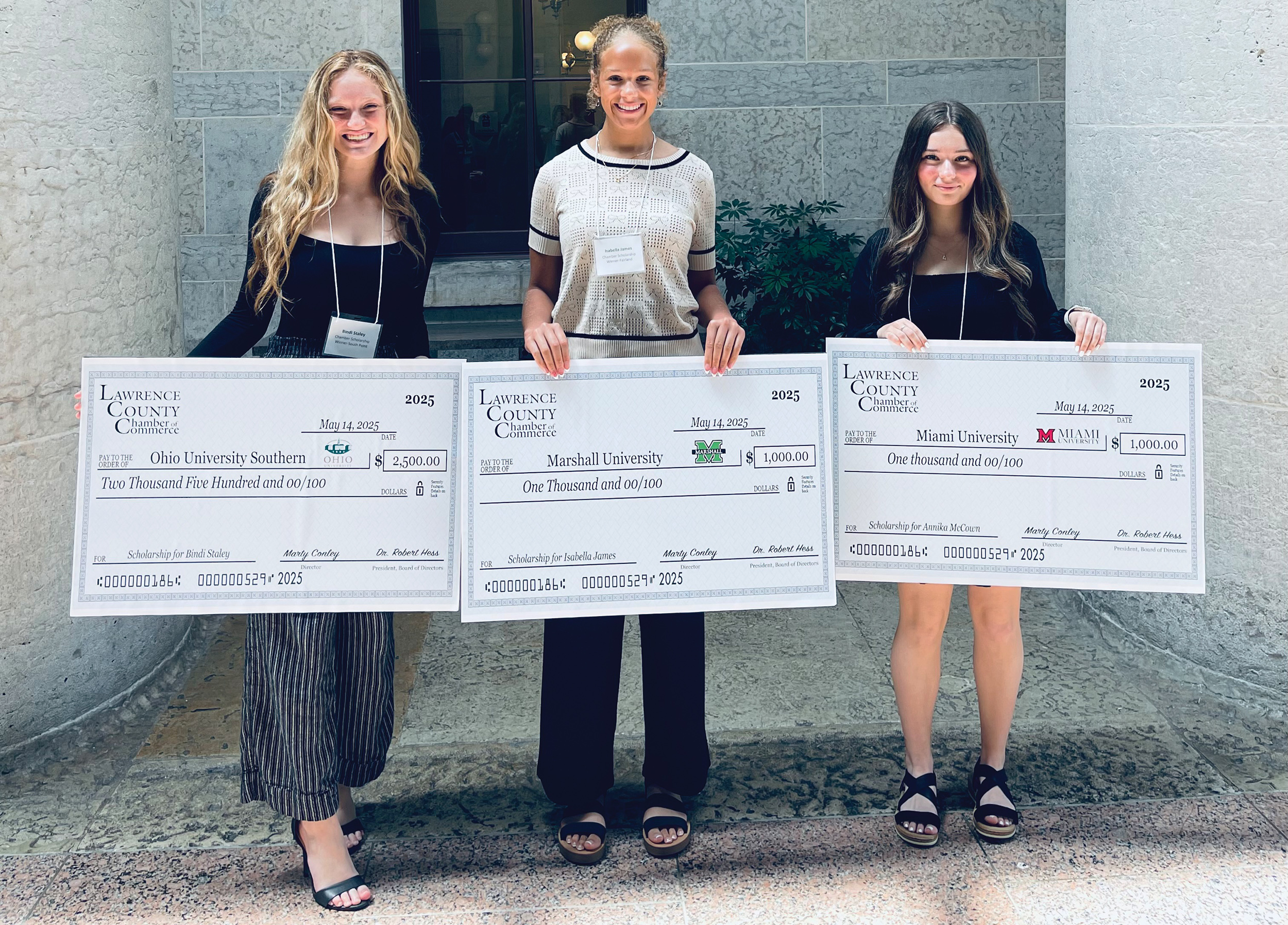Moore facing more sign-stealing allegations
Published 6:14 pm Sunday, August 4, 2024
The Associated Press
Michigan coach Sherrone Moore is facing allegations he violated NCAA rules related to an investigation into impermissible scouting and sign-stealing that hung over the program through its run to last season’s national championship.
Three people who have been briefed on the contents of an NCAA notice of allegations that Michigan is expected to receive soon told The Associated Press on Sunday that Moore is accused of deleting text messages from Connor Stalions — the former low-level recruiting staffer who coordinated an off-campus, advanced-scouting operation — around the time the investigation was opened.
The people spoke to The Associated Press on condition of anonymity because the notice was confidential.
One of the people said the NCAA has recommended a Level 2 violation for Moore — Level I is the most serious — and that the NCAA was able to recover the messages exchanged between Moore and Stalions.
ESPN first reported Sunday it had obtained a copy of a draft of the notice of allegations, which could be different from the final version of the document sent to Michigan.
“Our athletic department and university continue to cooperate with the NCAA regarding our ongoing investigation,” Michigan said in a statement. “We do not have an update to share regarding its status at this time.”
The NCAA declined comment.
Moore, 38, was promoted from offensive coordinator to head coach when Jim Harbaugh left Michigan to become coach of the San Diego Chargers shortly after leading the Wolverines to their first national title since 1997.
Moore filled in as acting head coach four times last season while Harbaugh served suspensions, winning all four games, including the season finale against rival Ohio State.
Harbaugh has denied any knowledge of impermissible scouting while he was with the program, though he could face Level I violations.
The Big Ten suspended Harbaugh for the final three games of the 2023 regular season to punish Michigan for violation of the conference’s sportsmanship policy after the conference’s investigation of the sign-stealing scheme.
NCAA President Charlie Baker said earlier this year that the Wolverines won the national championship “fair and square.”
In-person scouting is banned by the NCAA, which investigated Michigan’s alleged system to determine how organized it was and who knew about it. Records from other Big Ten schools show Stalions bought tickets to numerous games involving future opponents, sending people to digitally record teams when they signaled their plays.
He was initially placed on leave by the school and later resigned.
Stalions will break his silence Aug. 27 on Netflix when the documentary “Sign Stealer” makes its debut on the streaming service.
Moore and Michigan could face more serious charges from the NCAA as repeat violators, coming on the heels of a separate investigation of recruiting violations.
Last December, the NCAA sent Michigan a notice of allegations regarding impermissible on- and off-campus recruiting during the COVID-19 dead period and coaching activities, potential violations that led to the school’s self-imposed three-game suspension of Harbaugh to start the season.
Moore was given a one-game suspension by the school. Michigan used a different acting coach for each of those three season-opening games.
The case was settled in April via a negotiated agreement between Michigan and the NCAA. The school received three years of probation, though Harbaugh did not participate in the settlement talks.
Harbaugh previously told NCAA investigators that he would not agree to an unethical conduct charge for not being forthright, according to multiple people familiar with the situation. The people spoke on condition of anonymity because details of the investigation have not been shared.
The latest Michigan case is still likely months — at least — from being resolved. NCAA policy gives schools 90 days to respond to a notice of allegations. After a response, the school would be scheduled for a hearing in front of the NCAA’s committee on infractions, though a negotiated resolution would still be possible.





